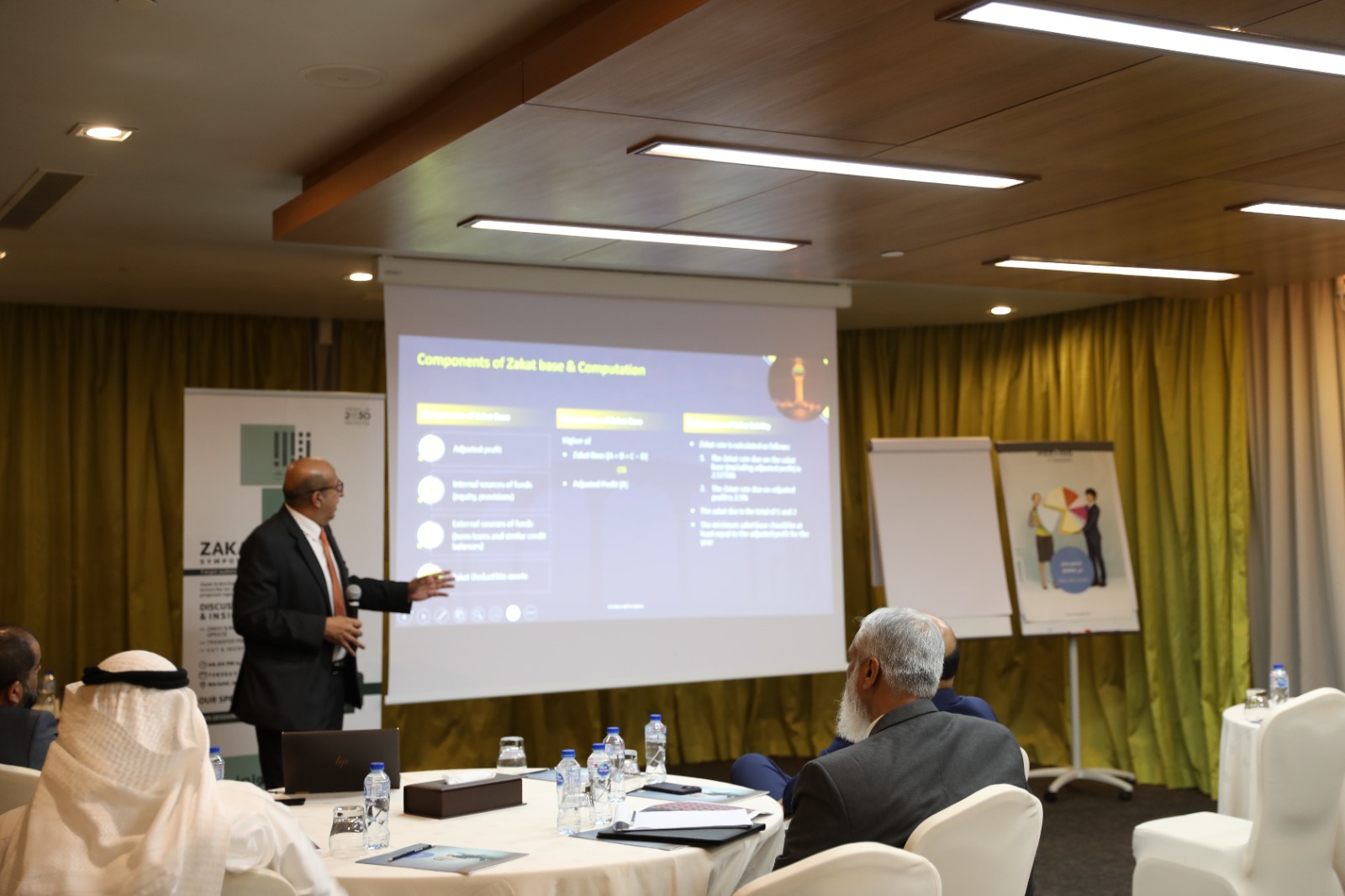Risk management: a key pillar in the world of politics and business

Risk management: a key pillar in the world of politics and business
Risk management is a vital aspect that determines the success of any organization or project. In the policy and business context, risk management allows organizations to identify and evaluate potential challenges and develop strategies to deal with them. Policy and management leaders deal with a variety of risks, be it financial, security, or strategic.
In a policy context, financial risks can be related to fluctuations in the economy or the large costs of government projects. Managing these risks requires careful analysis of potential financial impacts and the development of sustainable financing policies.
For their part, businesses deal with market and competition risks. Risk management in this context includes an examination of the competitive environment and the development of marketing strategies for excellence.
In the field of security, risk analysis is concerned with examining potential security threats and developing policies to address them. Here international cooperation plays an important role in addressing cross-border security challenges.
Risk management also includes environmental risk assessment and sustainability. Political leaders and business managers must be aware of potential environmental impacts and adhere to sustainability principles.
The importance of risk management lies in the ability of institutions to adapt and survive in light of changing challenges. We in turn provide integrated management of potential risks that results in sustainable success in the world of politics and the world.


